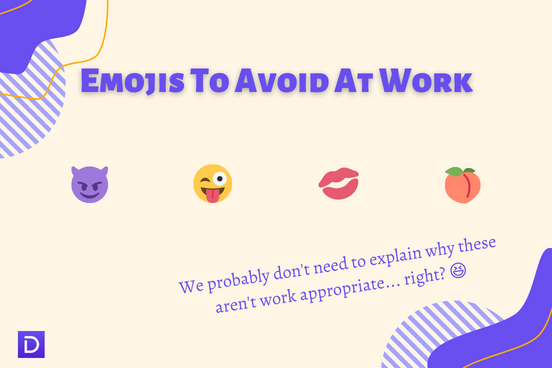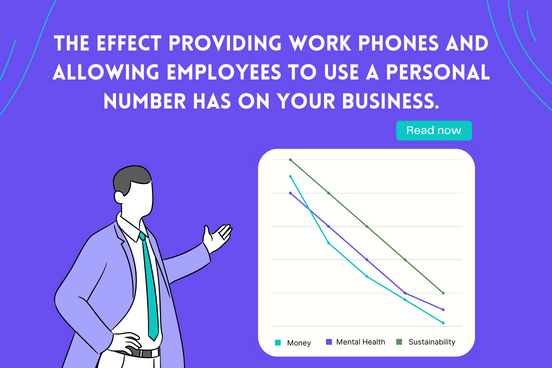What is BYOD and how small businesses can benefit
| By Laura Castelli | 0 Comments
What is a BYOD policy?
BYOD stands for ‘bring your own device’ whereby employees are permitted to bring/use their own personal devices for work such as phones and laptops. Many businesses are adopting this option for employees due to its countless benefits. A BYOD policy is particularly relevant in the current professional climate as employers continue navigating flexible working. Such policies play a key role in supporting hybrid working due to benefits like cost savings and increased productivity. In this article, we’ll take a look at some of the key benefits BYOD offers to small businesses and how you can implement them.
Cost savings
The biggest benefit of a BYOD policy is cost savings which is especially important for growing small businesses. It’s estimated UK SMEs spend upwards of £2000 per year to purchase business phones for employees [1]. This doesn’t include the additional costs to maintain, replace or upgrade devices for employees. For a growing business, it’s important to evaluate your spending and ensure your budgets are optimised to accommodate developing areas. Opting for a BYOD policy can save you a great deal in the long term as most employees have their own devices that can be used for work.
Increased productivity
Another perk of employees bringing their own devices is that they’re already familiar with the device. This can increase efficiency and productivity as it eliminates the need for training and time spent looking up how to do specific tasks using those devices.
Increased mobility
It can be a hassle to carry around two phones and remember to charge both so allowing employees to use their own helps to facilitate flexible/hybrid working policies. Since the devices are the employees’ own, they’re able to freely work from anywhere whether it be at home, remotely or even going into the office.
However, there are also concerns to implementing a BYOD policy that should be taken into account. Perhaps the biggest concern for businesses is privacy and security of company data. As employees are using their own phones which go with them everywhere, it can increase the risk of loss/sensitive company data being accessed by someone outside of the organisation.
Additionally, employees are unlikely to have the same level of anti-malware software as that of business devices which increases the risk of data breaches. To overcome this, businesses should invest in cloud technologies which facilitate secure remote storage of data over a network of servers that operate using the internet. This means that if anything happens to the device, the data remains untouched as you’re able to ensure robust security on the cloud servers you use. Employers can also include training for employees on safe usage. As employees may be working from anywhere, it’s important to make sure they are educated on the risks of accessing work programs and data in public spaces where wifi connections aren’t secure.
Employees may also struggle with work life balance if using their own devices for work as it opens them up to receiving/seeing work notifications after hours. It can be tempting for employees to give the email or message they received a ‘quick look’ when it pops up but this can lead to a cycle of letting work bleed through into personal lives and lead to an overall lower productivity level during work hours and possibly even a burnout.
The ideal solution is to invest in cloud business phone systems. A great one to check out is Devyce – designed for SMEs. Devyce brings simplicity and security to your business phone experience while also providing you a perfect balance between work and personal at the switch of a ‘Do Not Disturb’ button. This means you can set your business hours and ensure you don’t receive notifications outside of those hours, solving the problem of impaired work life balance resulting from BYOD policies.
Get started building your BYOD policy with the Devyce virtual business phone system over on: https://devyce.com/teams-plan/
References:
[1]










